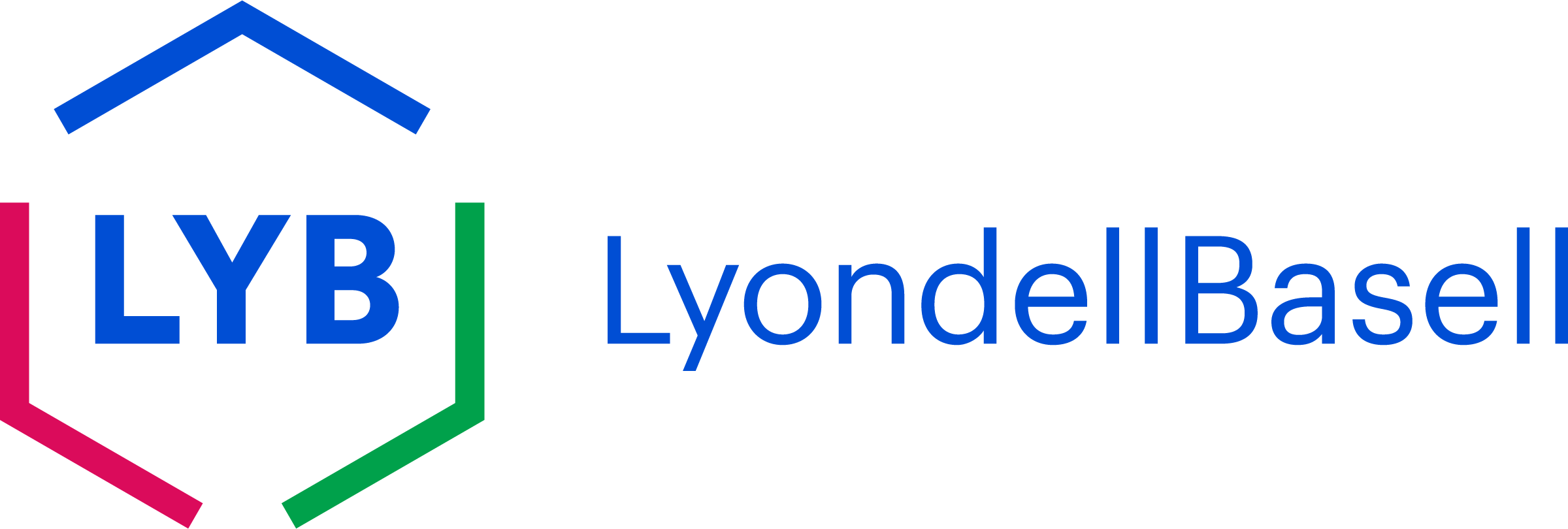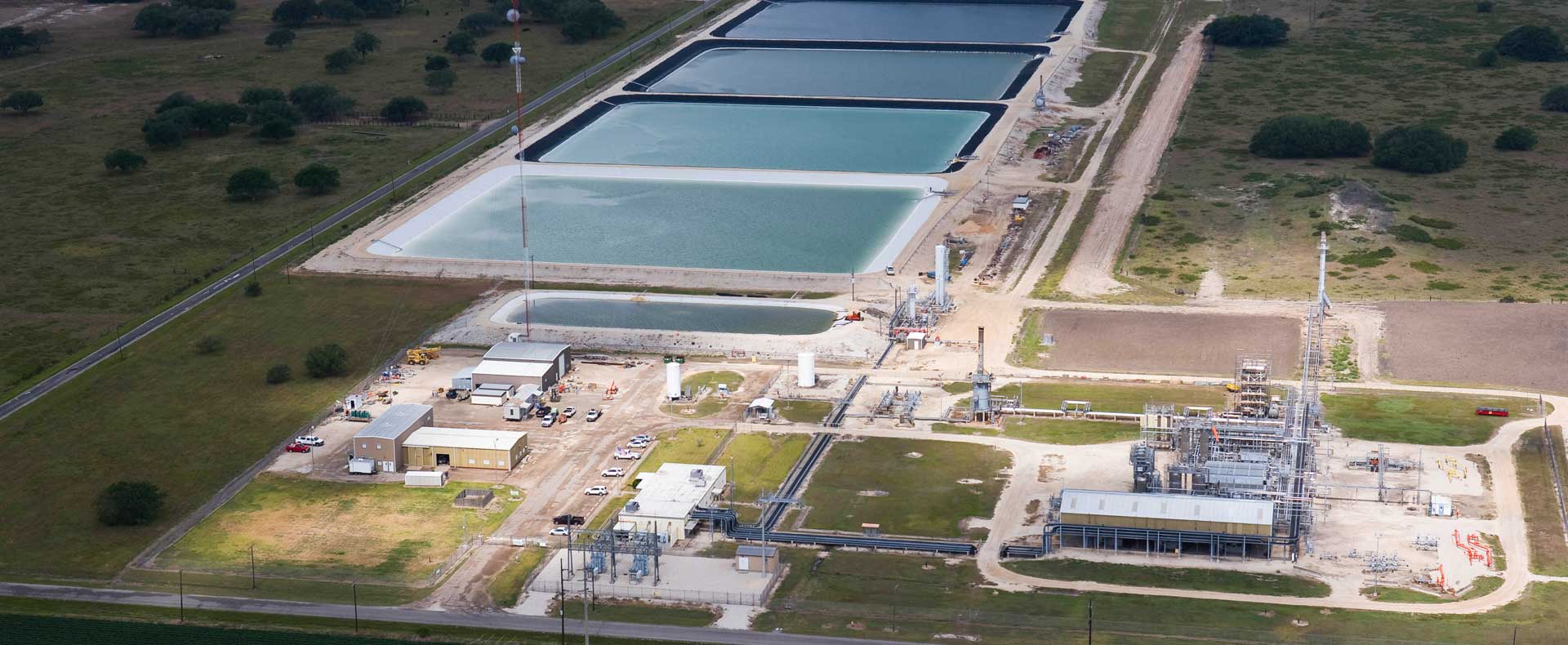Pipeline Safety
According to National Transportation Safety Board statistics, pipelines are the safest and most reliable means of transporting gas and liquid petrochemical products. In the United States alone, more than 700 million gallons of petrochemical products are transported via pipeline every day.
Equistar Pipelines work to prevent releases by evaluating, inspecting and maintaining our pipelines in a program called integrity management. We use technology to inspect and test all of our pipelines to ensure their safety. We have also developed emergency response plans, deployed resources, and work frequently with local first responders in order to reduce the impacts of any release.
Liquid petrochemical pipelines are usually the only feasible way to transport significant volumes by land over long distances. Without pipelines, our streets and highways would be overwhelmed by the trucks trying to keep up with the nation’s demand for petrochemical products.
Where are Pipelines
Most pipelines are underground where they are more protected from the elements and other contact. Even so, our pipelines are marked and clearly identified with pipeline markers. The markers are not exact locations of the pipeline but are used to mark the general location of the pipeline. The markers contain our name, the product transported in that particular pipeline and a toll free number that should be called in the event of an emergency.
How to Recognize a Pipeline Leak: Sight | Sound | Smell
- Sight: You see dead discolored vegetation that is otherwise green along a pipeline or see pools of liquid not usually present along the pipeline. Also, in the case of a gas pipeline you see a cloud of vapor or mist not usually present along the pipeline.
- Sound: You hear an unusual hissing or roaring sound along a pipeline.
- Smell: You smell an unusual odor or scent of petroleum or chemicals along a pipeline.
What to Do If You Suspect a Leak
- Turn off anything that may be an ignition source.
- Leave the area immediately.
- Call our toll free number 1-800-525-7516 and 911.
Call Before You Dig – It is the Law
It is important that you call the One Call System by dialing 811 before you perform any excavation. That includes installing fencing and performing landscaping. Even those minor activities can cause damage to a pipeline. By dialing 811 you will be routed to the appropriate state one call system. Someone will mark the pipelines in the area you are excavating at no cost to you. More information can be found at the following links:
Louisiana One Call System (http://www.laonecall.com/) or dial 811
Texas One Call System website (http://www.texas811.org/) or dial 811


